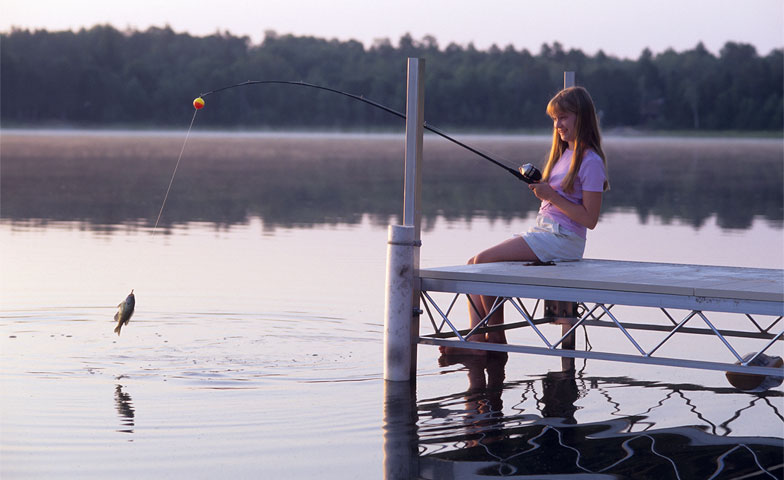Building college and career readiness by focusing on effort and behavior
The big push in education today is to prepare students to be college and career ready by high school graduation, but to truly prepare students to be college and career ready, schools need to place more emphasis on teaching, measuring, and increasing students’ life skills.
I believe schools should have a life skills grade as well as an academic grade associated with each class. The academic grade would measure and evaluate the technical skills in the class. This is the typical grade students currently receive. The life skills grade would measure and evaluate behavior skills in class: how hard a student works, how well they participate in class, how well they get along with others, their attitude and mindset, etc. Students would receive two grades on their report cards and progress reports for each class: academic and life skills.
I purposefully structure and evaluate my class based on promoting and reinforcing life and behavior skills in my students. As a robotics teacher, I have quite a bit of freedom in how I operate my classroom and its culture. Because of this, I have been able to experiment with non-traditional approaches to classroom management and evaluation. The most successful has been incorporating a daily participation grade for students.
Every day, students receive a grade out of four points. I look for the time they spend on task, how well they work with their group members, and how well they handle when their plans don’t work out. Students know from the first day that this is how I evaluate their performance.
I constantly circulate throughout the room interacting with each group of students, acting more as a facilitator than as a teacher who stands in front of the room as the bearer of all knowledge.
Because of this classroom culture and evaluation system, my class purposefully supports the growth mindset by promoting three characteristics in students: intentional effort, embracing challenges, and long-term perseverance.
Students learn by doing, by making mistakes, by learning from those mistakes, and by trying again with more information. This cycle of trying an idea, learning from it, and then trying again more intelligently is the growth mindset in action.
Collaboration is one of the major skills I also focus on. Being able to work well with others to accomplish a shared goal is a skill that will not only help students in school but also for the rest of their lives. And because students have to use those skills, it is easier for them to identify, promote, and foster those skills in other areas of life.
Having a daily participation grade also supports the following quote, “Every day is a fishing day, but not every day is a catching day.” Some days you are prepared for a great day of fishing, but for whatever reason you don’t catch anything. Other days it happens … you catch a fish!
To be successful in school and life, you have to show up and give your best effort, both of which are totally in our control. The same is true of going fishing, you have to show up and be prepared to the best of your ability to catch something. Sometimes that happens and sometimes it does not, you have little control over that. What you can control is putting yourself in the best possible position for success.
Having a life skills grade in addition to an academic grade for each subject sets the classroom culture, motivates students to be present in both mind and body, and supports building the habits necessary for college and career readiness.


